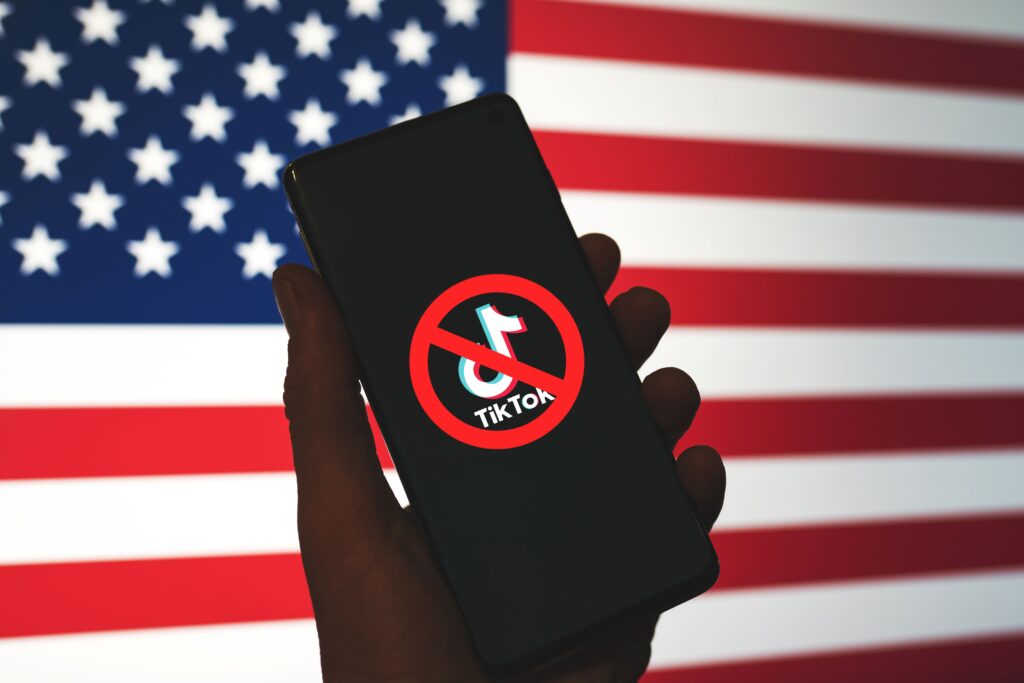R Tamara de Silva
The Criminal Indictment of Donald Trump and the Power to Charge
Police Drug Sniffing Dog Search Ruled Trespass
Is Charlie Munger Right About Crypto? Is Bitcoin a Delusion and a Fraud?
Cryptocurrency Regulation Post FTX
How Blockchain Can Protect Your DNA Information
Sentence Before Verdict-Civil Asset Forfeiture Considered
The most powerful argument against civil forfeiture however, is that is constitutes a wholesale assault on the very few constitutional safeguards we have been given and that form the bedrock of what freedom has come to mean as Americans. Our law guarantees the right to be held innocent until proven guilty. The right to have guilt proven beyond reasonable doubt in matters where we may be held to have violated the criminal law. The right to be free from unreasonable seizure and to be guaranteed due process of law. We are also guaranteed the right to be free of excessive and disproportionate punishment. In other words our rights under the Fourth, Fifth, Fourteenth and Eighth Amendments stand wholly at odds against the practice of civil forfeiture.
The Right to Privacy in the Age of Big Data
Sometime in our recent past, technology made leaps to areas the Law has not addressed. The law was struggling to define the contours of the doctrine of privacy even before technology upped the ante. Considerations of privacy like the concepts of insider trading and front-running in the financial markets address behaviors that technology has far outpaced-with new behaviors our laws are not equipped to address. Privacy is a complex issue and like Big Data, its meaning even as we unthinkingly presume to understand it, is in a period of rapid change.







